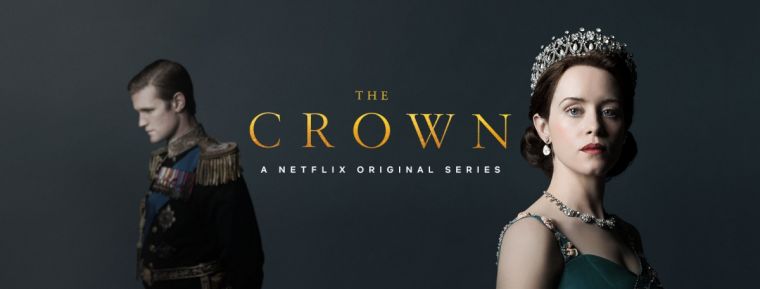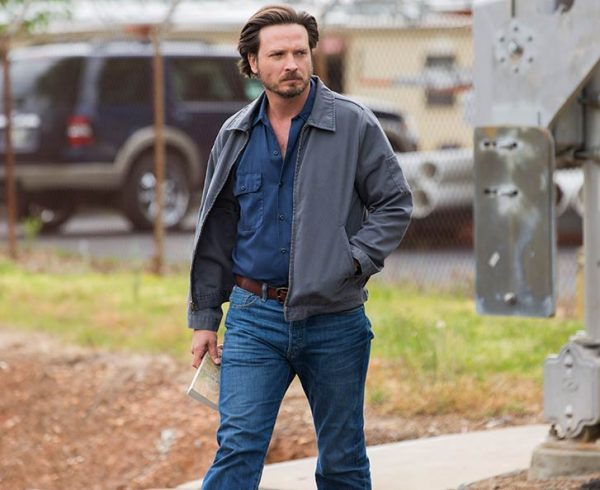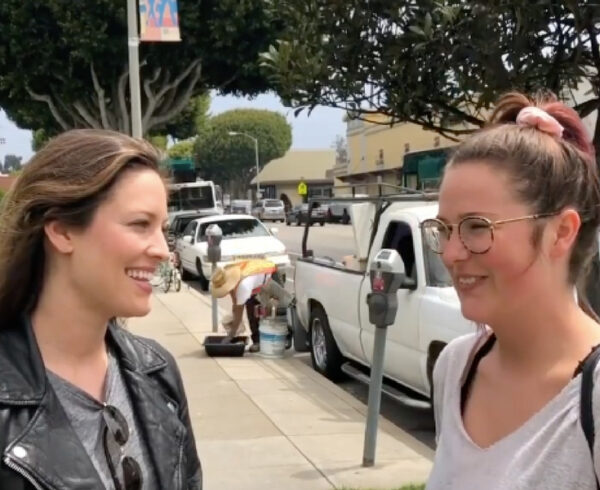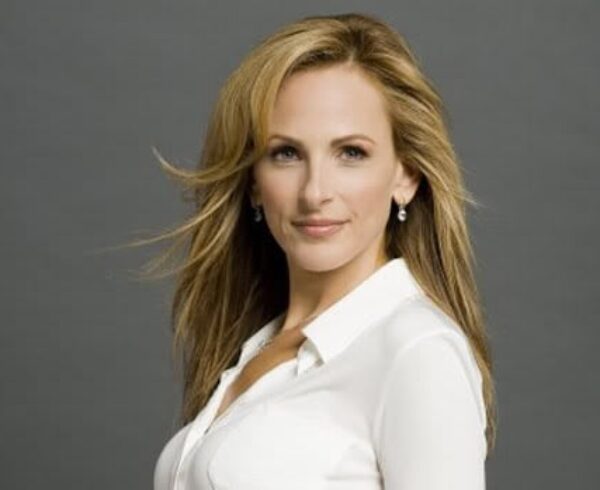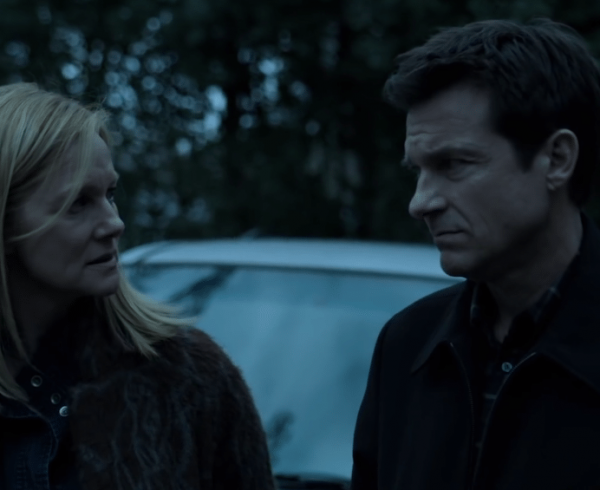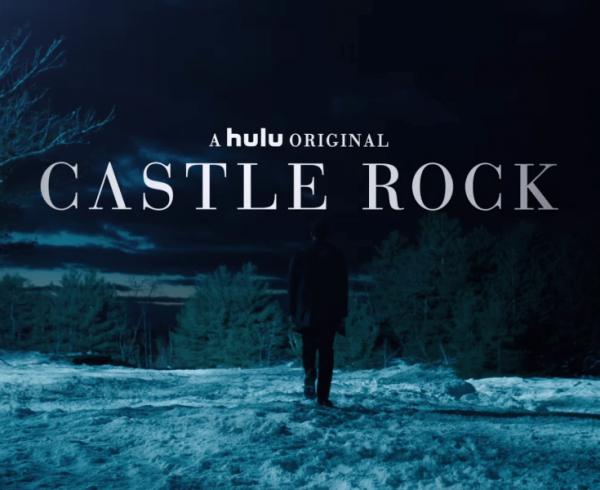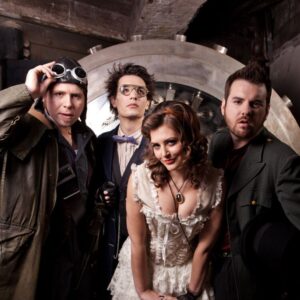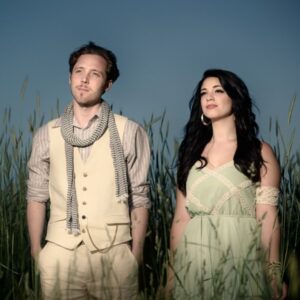‘The Crown’ Season 2 Takes a Darker Turn
Something truly strange happens in Season 2 of The Crown.
In its first season, this remarkable Netflix series, one of the most impressive in recent times, achieved a truly great thing among many others: making viewers, particularly American ones less familiar with the people being portrayed, understand the intricate and sometimes inextricable web that the British Royals remained trapped in for the better part of the 20th century. There was also John Lithgow’s stupendous portrayal of Winston Churchill — one of the most wonderful of the 2016 television season — to complement the rest of the remarkable cast.
Claire Foy as Queen Elizabeth, Matt Smith as her often overshadowed husband Prince Philip, and Vanessa Kirby as the thwarted Princess Margaret were all stunning — and continue to be in Season 2 because they are layered, intelligent, and portrayed with a rare depth of understanding.
Foy is particularly adept at making viewers understand her own limitations as Queen, trapped as she is by the Palace itself as an institution with sometimes anachronistic rules that bend the Royals’ lives and emotions out of shape.
In the most classic example, she accepts her sister Margaret’s marriage to Peter Townsend (Ben Miles) as a sister, but she must oppose it as the Queen of England. After all, he is divorced and the Church of England will not tolerate his remarriage to a member of the Royal Family.
Elizabeth also turns out to be a good deal more human than we think. She makes changes and crowns Prince Philip so that he won’t be crushed by Buckingham Palace’s indifference to him since he can never be king, unlike his own son who stands next in line for the crown.
The interlacing of world historical events, from the rebellion at Suez to the struggle for independence of the Commonwealth states, makes for another remarkable aspect of this breathtaking series which continues into Season 2.
Season 2 is, however, disturbing for the dark turns that it takes. Episode 7, for example, in which Margaret marries the playboy and photographer Antony Armstrong-Jones (Matthew Goode), veers on the tawdry at times. The women — and man — that Armstrong-Jones beds appear in scenes straight out of soft porn.
And Margaret reveals a mean side to her personality when Elizabeth decides that she must postpone her wedding announcement until after the birth of her third child.
We begin to lose sympathy for the Crown because protocol itself becomes downright mean. The great irony is that almost everyone turns out to be ill-suited for the role that fate has assigned them.
And then there is humor. The funniest line of the season may well be in Episode 8 as the Queen and Queen Mother sit for dinner while watching Jackie O and President Kennedy deplane in London: “Macaroni and cheese, how heavenly,” the Queen Mother announces, delighted. Foy is spectacular here, the jealousy barely concealed in the look on her face as she watches the prettier, more dynamic Bouvier Kennedy on TV. The episode dedicated to the Kennedys’ visit is remarkable all around, including Michael C. Hall’s portrayal of JFK.
As the episodes drag on a bit, the Royals begin to appear too much of everything: too rich, too spoiled, too twisted.
The Crown takes on the aspect of one large out-of-whack corporation. When the Queen must ask Prime Minister Macmillan (Anton Lesser) who Nikita Khrushchev is, you can only groan. Then she makes up for it with a remarkable political salvo with President Nkrumah (Danny Sapani) in Ghana. Sensing the collateral damage that Margaret’s marriage to Antony will do to his other love interests — and one assumes to Margaret herself — is dispiriting too.
In Episode 9, Finn Elliot’s performance as the young Prince Philip at Gordonstoun School is brilliant, while one’s heart goes out to Prince Charles a generation later as he is battered about a school known for its emphasis on physical labor and academics.
As Season 2 of The Crown comes to a close, even the Royal Family’s clipped aristocratic accents begin to chafe — and when you begin to lose sympathy for the main characters in the series, you also understand that something has perhaps gone terribly wrong.

